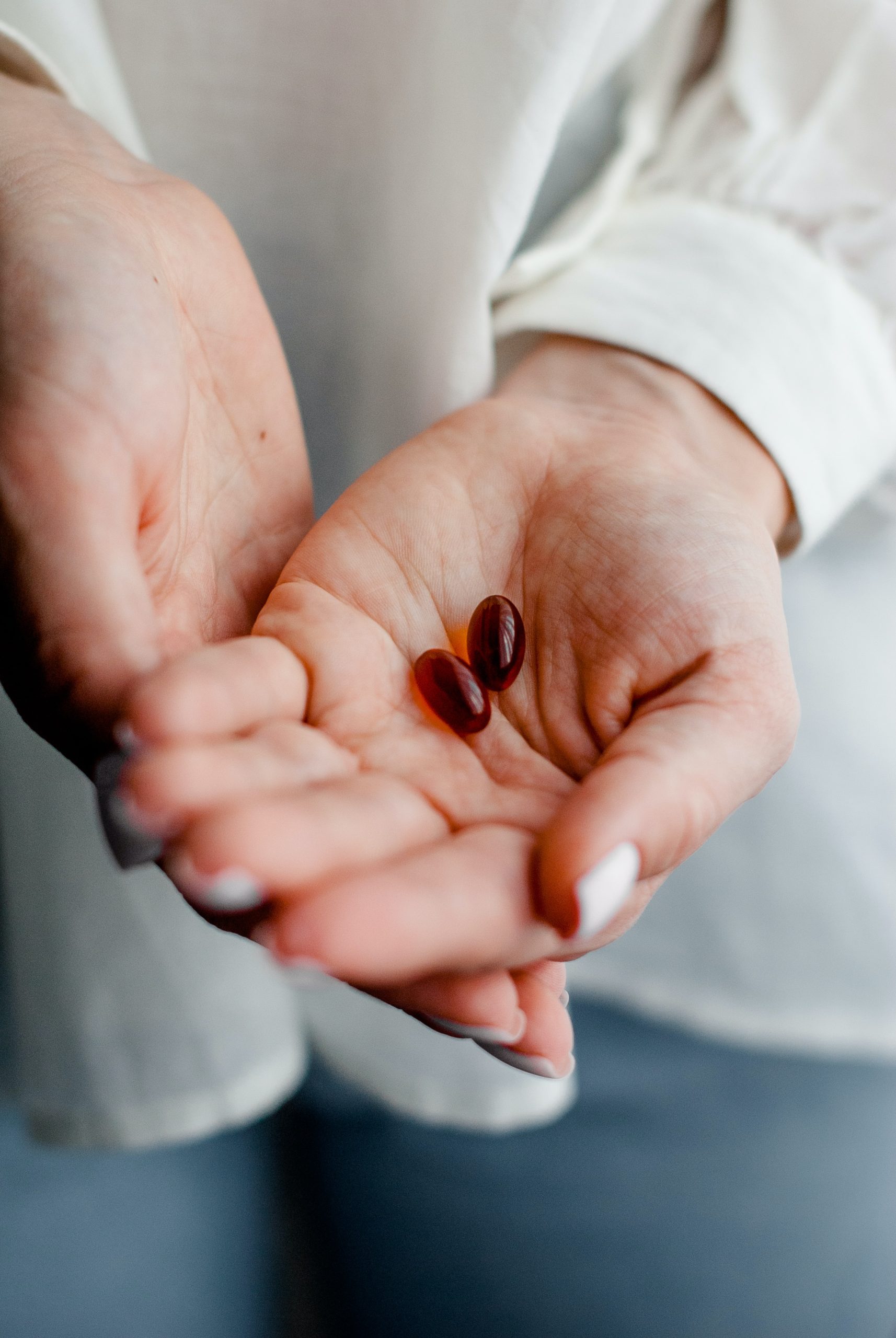We’ve all heard the phrase “you are what you eat,” but have you ever stopped to consider how the food you consume affects your skin? It turns out that what you put into your body has a direct impact on the appearance and health of your skin.
Nutrition plays a vital role in maintaining healthy skin, and getting the right balance of vitamins, minerals, and other nutrients can help you achieve that coveted glowing complexion. Here’s what you need to know about how nutrition affects your skin, and how you can make dietary changes to improve its appearance.
The Link Between Nutrition and Skin Health
Your skin is the largest organ in your body, and it requires a wide range of nutrients to stay healthy. Some of the most important nutrients for skin health include:
- Vitamin A: Helps to maintain skin cell health and repair damage
- Vitamin C: Promotes collagen production and protects against free radicals
- Vitamin E: Helps to protect against sun damage and premature aging
- Zinc: Promotes skin healing and fights inflammation
- Omega-3 fatty acids: Help to maintain skin moisture and elasticity
When you don’t get enough of these nutrients in your diet, your skin can suffer. For example, a deficiency in vitamin A can lead to dry, flaky skin, while a lack of vitamin C can cause your skin to become dull and lose its firmness.
On the other hand, consuming too much of certain foods can also negatively impact your skin. For example, a diet high in sugar and refined carbohydrates can lead to inflammation and breakouts, while excessive alcohol consumption can cause dehydration and premature aging.
How to Improve Your Skin Health Through Nutrition
If you want to improve the appearance and health of your skin through nutrition, start by incorporating more whole, nutrient-dense foods into your diet. Some of the best foods for skin health include:
- Fruits and vegetables: These are packed with vitamins and antioxidants that can help protect your skin from damage.
- Nuts and seeds: These contain healthy fats, protein, and a range of skin-friendly nutrients like vitamin E and zinc.
- Fatty fish: These are rich in omega-3 fatty acids, which can help maintain skin moisture and elasticity.
- Whole grains: These provide your body with fiber, vitamins, and minerals that are essential for skin health.
In addition to consuming these foods, it’s also important to avoid processed and sugary foods, which can lead to inflammation and breakouts. Make sure you’re drinking plenty of water throughout the day as well, as dehydration can cause your skin to become dry and dull.
Conclusion
If you’re looking to achieve that coveted glowing complexion, remember that it all starts from within. By incorporating more whole, nutrient-dense foods into your diet and avoiding processed and sugary foods, you can help support the health of your skin and achieve a radiant, youthful glow.




